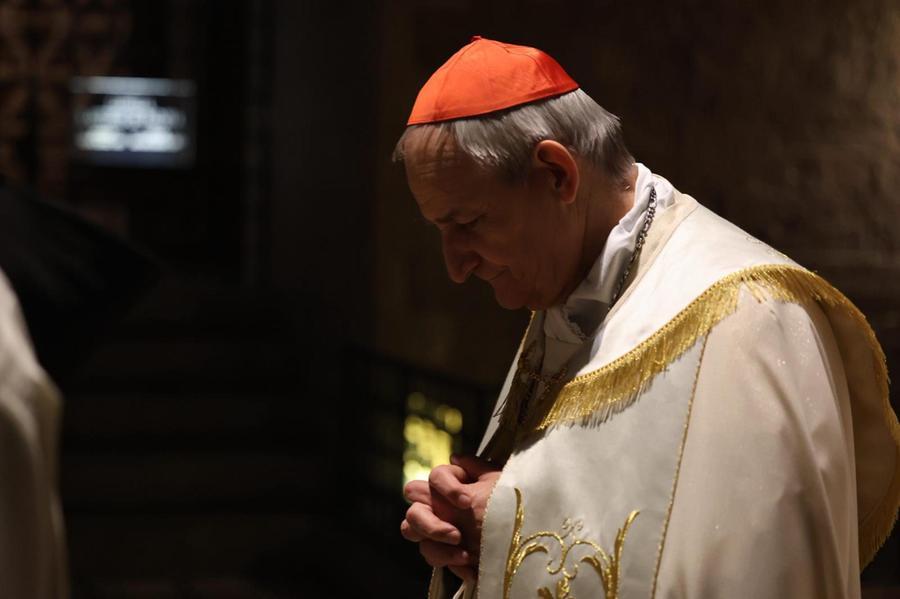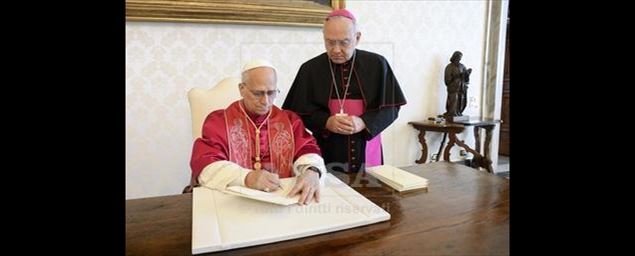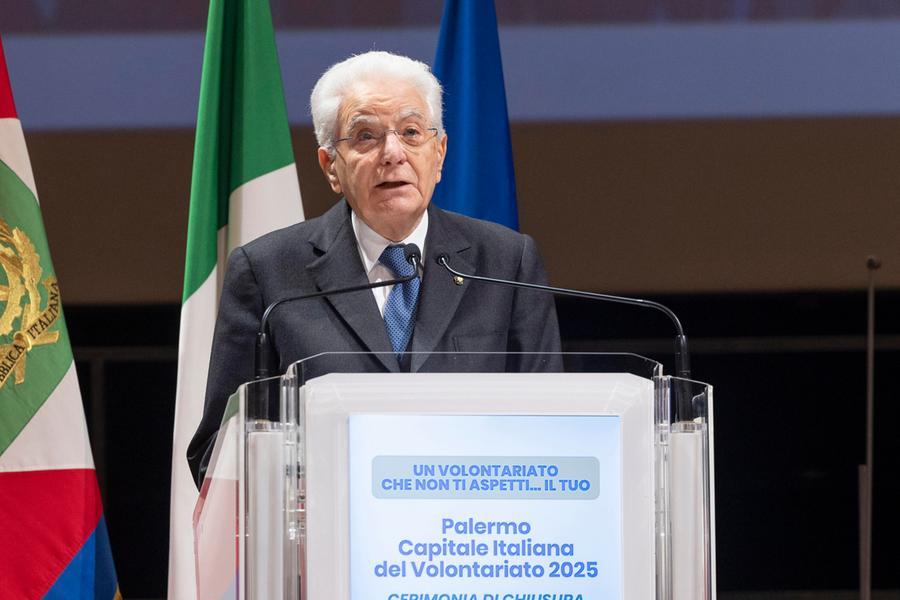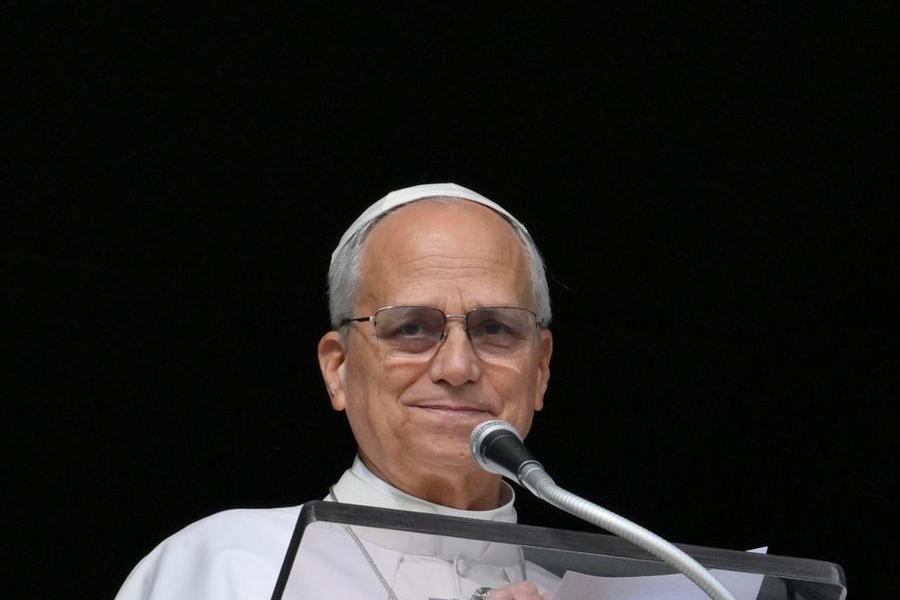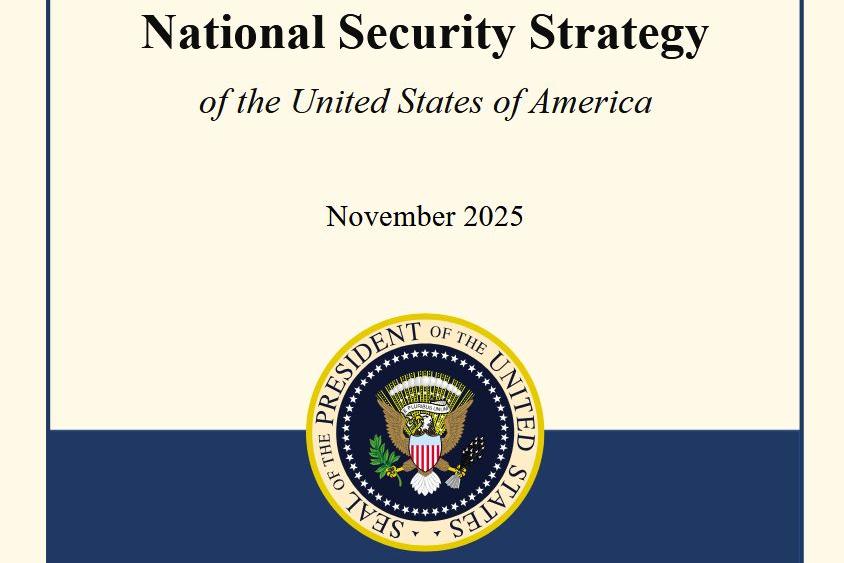An exhortation written almost jointly with his predecessor. To reiterate, once again, that one cannot be a Christian and ignore the poor, because it is in their flesh that one encounters Christ. Pope Leo publishes his first Apostolic Exhortation entitled Dilexi te. A text on which Pope Francis was working in the last months of his pontificate and which Prevost receives as “an inheritance”.
The new Pope makes his own not only the idea of a “poor Church for the poor”, but also one “with” the poor because it is they who evangelize us. In the five chapters divided into 121 paragraphs, Leone recalls “the preferential option for the poor”, explicitly expressed in the meeting of the Celam (Latin American Episcopal Council) of Puebla in 1979 and endorsed by the entire social magisterium of the Church, and reiterates that it is on attention to the poor that our faith is measured. Violence against women, prison conditions, sick people, lonely elderly people, rejected migrants, fragility marginalized, throwaway culture must make us reflect. «The condition of the poor», he writes in paragraph 9, «represents a cry that, in the history of humanity, constantly challenges our lives, our societies, political and economic systems and, last but not least, also the Church. On the wounded faces of the poor we find imprinted the suffering of the innocent and, therefore, the suffering of Christ himself.”
In continuity with the encyclical Dilexit nos, Pope Leo denounces the increase in poverty even in rich countries, the lack of access to water and basic necessities, the death of thousands of people from causes related to malnutrition. He accuses those structures of sin that generate poverty and extreme inequalities and that economy that creates “rich elites, who live in a bubble of very comfortable and luxurious conditions, almost another world compared to ordinary people”. It condemns “the illusion of happiness that derives from a comfortable life” and which “pushes many people towards a vision of existence based on the accumulation of wealth and social success at all costs, to be achieved even at the expense of others and by taking advantage of social ideals and unjust political-economic systems, which favor the strongest”.
Leone draws heavily from the Gospel and the Bible, from the Fathers of the Church and from the testimonies of saints and popular movements and also recalls the growing criminalization of those who do good, the indifference towards the poor and the increasingly widespread opinion that the fault of poverty lies with the poor themselves, almost a choice: «There is still someone who dares to affirm it, showing blindness and cruelty», he writes in one of the most incisive passages of the Exhortation. «Obviously», he adds, «among the poor there are also those who don’t want to work, perhaps because their ancestors, who worked all their lives, died poor. But there are many – men and women – who still work from morning to night, perhaps collecting cardboard or doing other similar activities, despite knowing that this effort will only serve to survive and never really improve their lives. We cannot say that the majority of poor people are poor because they have not acquired “merit”, according to that false vision of meritocracy where it seems that only those who have been successful in life have merit.”
Even Christians, «on many occasions, allow themselves to be infected by attitudes marked by worldly ideologies or by political and economic orientations that lead to unjust generalizations and misleading conclusions. The fact that the exercise of charity is despised or ridiculed, as if it were the fixation of some and not the incandescent nucleus of the ecclesial mission, makes me think that we must always read the Gospel anew, so as not to risk replacing it with a worldly mentality. It is not possible to forget the poor, if we do not want to leave the living current of the Church that flows from the Gospel and fertilizes every historical moment.”
in the photo, Pope Leo signs the pontifical document in the presence of Monsignor Edgar Peña Parra, substitute for General Affairs of the Secretariat of State.



